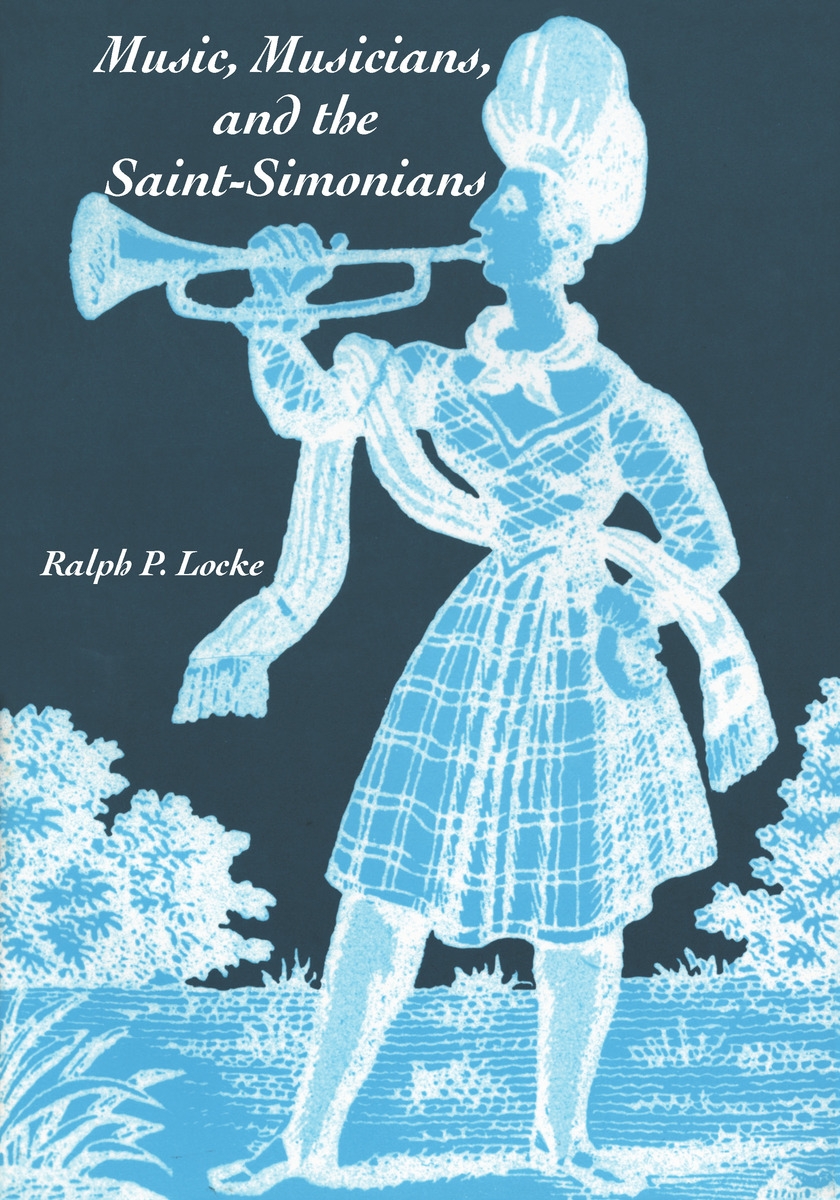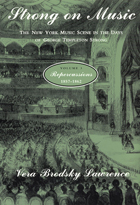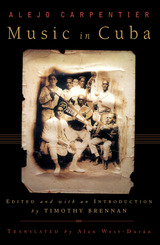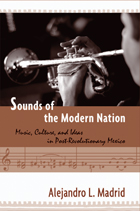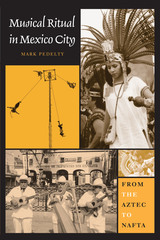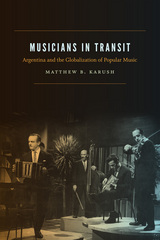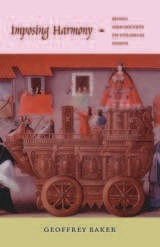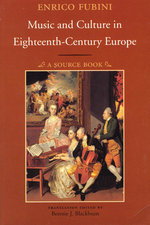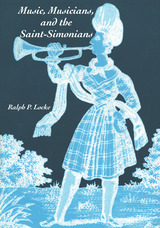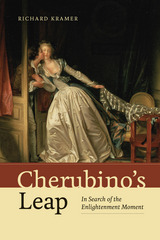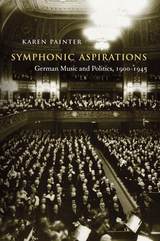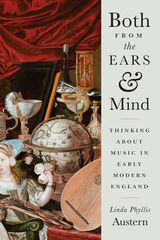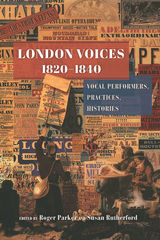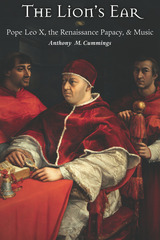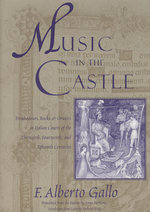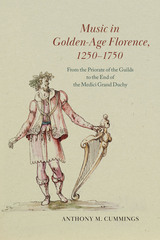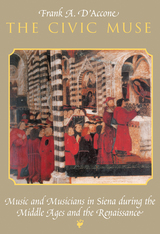Music, Musicians, and the Saint-Simonians
University of Chicago Press, 1986
Cloth: 978-0-226-48901-8 | Paper: 978-0-226-48902-5
Library of Congress Classification ML270.4.L65 1986
Dewey Decimal Classification 780.070944
Cloth: 978-0-226-48901-8 | Paper: 978-0-226-48902-5
Library of Congress Classification ML270.4.L65 1986
Dewey Decimal Classification 780.070944
ABOUT THIS BOOK | AUTHOR BIOGRAPHY | TOC | REQUEST ACCESSIBLE FILE
ABOUT THIS BOOK
The Saint-Simonians, whose movement flourished in France between 1825 and 1835, are widely recognized for their contributions to history and social thought. Until now, however, no full account has been made of the central role of the arts in their program. In this skillful interdisciplinary study, Ralph P. Locke describes and documents the Saint-Simonians' view of music as an ideological tool and the influence of this view on musical figures of the day.
The disciples of Claude Henri de Rouvroy, comte de Saint-Simon, believed that increased industrial production would play a crucial role in improving the condition of the working masses and in shifting power from the aristocratic "drones" to the enterprising men of talent then rising in the French middle class. As a powerful means of winning support for their views, music became an integral part of the Saint-Simonians' writings and ceremonial activities.
Among the musicians Locke discusses are Berlioz, Liszt, and Mendelssohn, whose tangential association with the Saint-Simonians reveals new aspects of their social and aesthetic views. Other musicians became the Saint-Simonians' faithful followers, among them Jules Vinçard, Dominique Tajan-Rogé, and particularly Félicien David, the movement's principal composer. Many of these composers' works, reconstructed by Locke from authentic sources, are printed here, including the "Premier Chant des industriels," written at Saint-Simon's request by Rouget de Lisle, composer of the "Marseillaise."
The disciples of Claude Henri de Rouvroy, comte de Saint-Simon, believed that increased industrial production would play a crucial role in improving the condition of the working masses and in shifting power from the aristocratic "drones" to the enterprising men of talent then rising in the French middle class. As a powerful means of winning support for their views, music became an integral part of the Saint-Simonians' writings and ceremonial activities.
Among the musicians Locke discusses are Berlioz, Liszt, and Mendelssohn, whose tangential association with the Saint-Simonians reveals new aspects of their social and aesthetic views. Other musicians became the Saint-Simonians' faithful followers, among them Jules Vinçard, Dominique Tajan-Rogé, and particularly Félicien David, the movement's principal composer. Many of these composers' works, reconstructed by Locke from authentic sources, are printed here, including the "Premier Chant des industriels," written at Saint-Simon's request by Rouget de Lisle, composer of the "Marseillaise."
See other books on: 19th century | France | Music | Musicians | Saint-Simonianism
See other titles from University of Chicago Press
